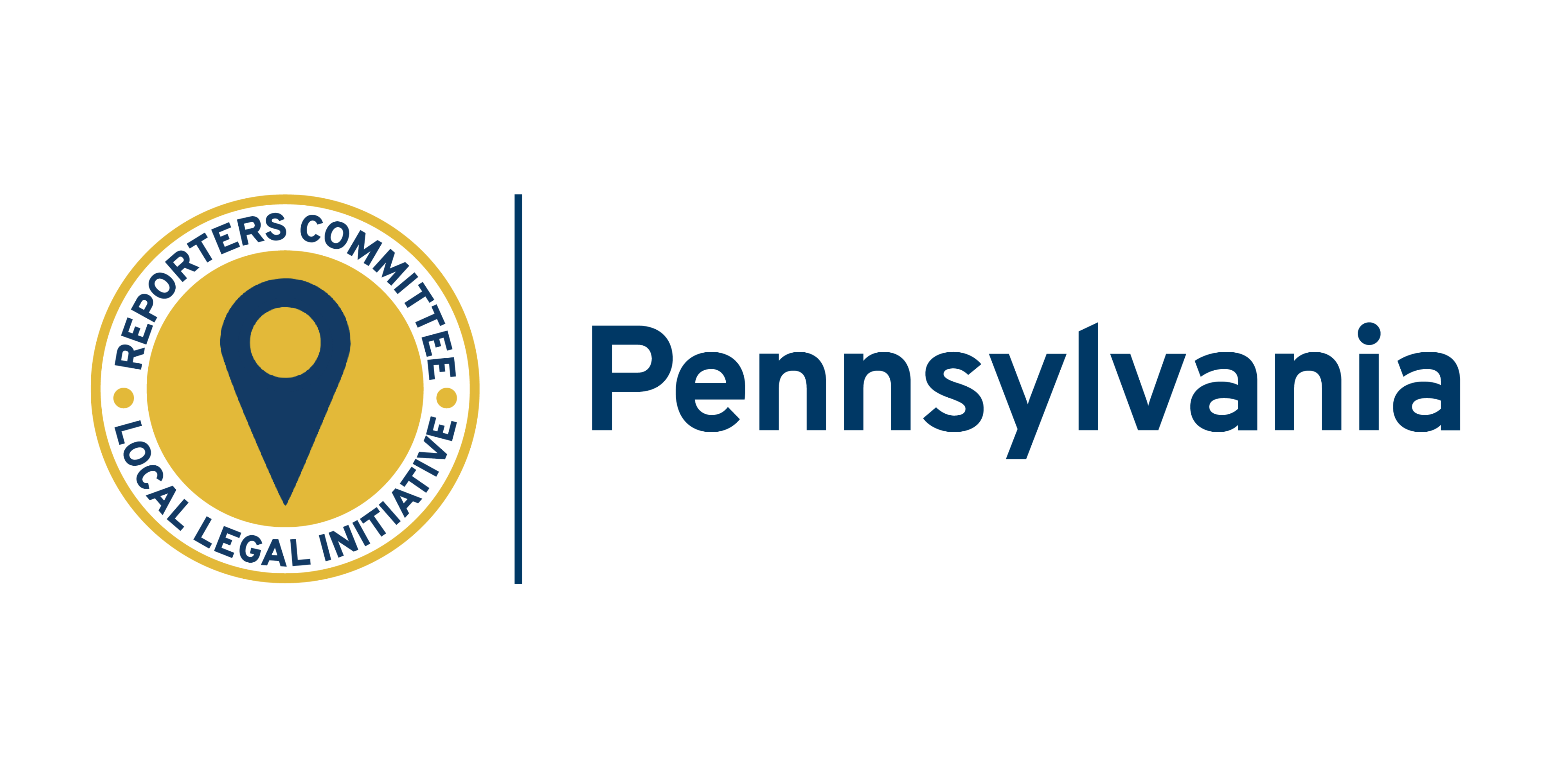Pennsylvania township drops fight to silence local journalist

A township in southeastern Pennsylvania has dropped its lawsuit seeking to silence a local journalist’s reporting about an outside law firm’s investigation into sexual harassment allegations against a township official.
Exeter Township’s decision to abandon its lawsuit against journalist Jerry Geleff came nearly a month after a court granted the township’s request for an unconstitutional prior restraint against the reporter. That order forced Geleff to take down his reporting on the investigative report and return copies of it that he had obtained from a confidential source.
Now that the lawsuit has been withdrawn, Geleff has resumed his reporting about the documents.
“The 1st Amendment prevailed, Exeter. We are all better off for it,” Geleff wrote in a blog post celebrating the end of the lawsuit and thanking the Reporters Committee attorneys who represented him in the case. “I hope the [Exeter Township] Supervisors have learned that threats and intimidation don’t work.”
Exeter Township sued Geleff last December. The lawsuit came in response to the journalist’s reporting about the results of an investigation conducted by the law firm of MacMain, Connell and Leinhauser into allegations of sexual harassment against a township official. Geleff had published portions of the report on his news website, The Exeter Examiner, and discussed them on his podcast, Exeter Underground, after he obtained them from a confidential source.
The township, which has yet to publicly release the 43-page report on its own, asked the Berks County Court of Common Pleas to order the journalist to return all physical and electronic copies of the report, and to destroy copies and descriptions of the report published on Geleff’s news platforms, including his podcast, Facebook page, and website. A judge quickly granted the township’s request.
The next day, Reporters Committee attorneys began representing Geleff in his effort to challenge the court order. Paula Knudsen Burke, RCFP’s Local Legal Initiative attorney for Pennsylvania, and Media Litigation Fellow Charlie Hogle argued that the order violated the First Amendment and the Pennsylvania Constitution, and that it contradicted nearly a century of U.S. Supreme Court jurisprudence striking down prior restraints on speech.
“[T]he First Amendment protects Mr. Geleff’s right to possess and publish the portions of the Report he received from his confidential source no less than it protected the journalists who obtained and published the classified Pentagon Papers,” Reporters Committee attorneys wrote in a brief urging the court to dissolve the order.
As Reporters Committee attorneys fought the prior restraint in court, Geleff complied with the court order, removing all images of and references to the report from his news platforms. Nevertheless, Exeter Township asked the court a week later to hold Geleff in contempt of court. On behalf of Geleff, Reporters Committee attorneys quickly countered the township’s motion, urging the court to reject the “utterly meritless” request.
“This behavior would be troubling from a private litigant,” Reporters Committee attorneys wrote in a Jan. 10 response to the township’s contempt motion. “From the Township, a local government seeking to punish one of its residents for speech on a matter of public interest, it shocks the conscience.”
The same day Reporters Committee attorneys filed their response, however, Exeter Township told the court that it was dropping the lawsuit. In a Facebook post, the township said that it decided to withdraw the lawsuit “to prevent the taxpayers from incurring any additional expenses” stemming from the case.
The news came as a huge relief to Geleff.
“It’s not a fun thing to put your head on a pillow every night knowing that a government agency is breathing down your neck,” he said in an interview with the Reporters Committee.
That said, Geleff always felt confident that he would ultimately prevail in the case, especially after he had his first conversation with Burke over the phone. “From the minute I talked to her,” he said, “any anxiety I had went away.”
Geleff praised Burke and Hogle for their legal work. Not only were their briefs in his defense well-written and well-argued, he said both attorneys constantly kept him updated on what was happening in the case and explained it to him in a way that he could easily understand. “They were both just so easy to deal with,” he said. “It was a great experience.”
And it didn’t cost him a dime. Had it not been for the Reporters Committee’s free legal support, Geleff says he still would have fought the township — “but I would have had to sell off some portion of my 401K” to do so.
“It’s really great your organization exists,” he said, adding that he would “100 percent” recommend the Reporters Committee to other journalists. “You are about the rights of the people.”
The Reporters Committee regularly files friend-of-the-court briefs and its attorneys represent journalists and news organizations pro bono in court cases that involve First Amendment freedoms, the newsgathering rights of journalists and access to public information. Stay up-to-date on our work by signing up for our monthly newsletter and following us on Twitter or Instagram.